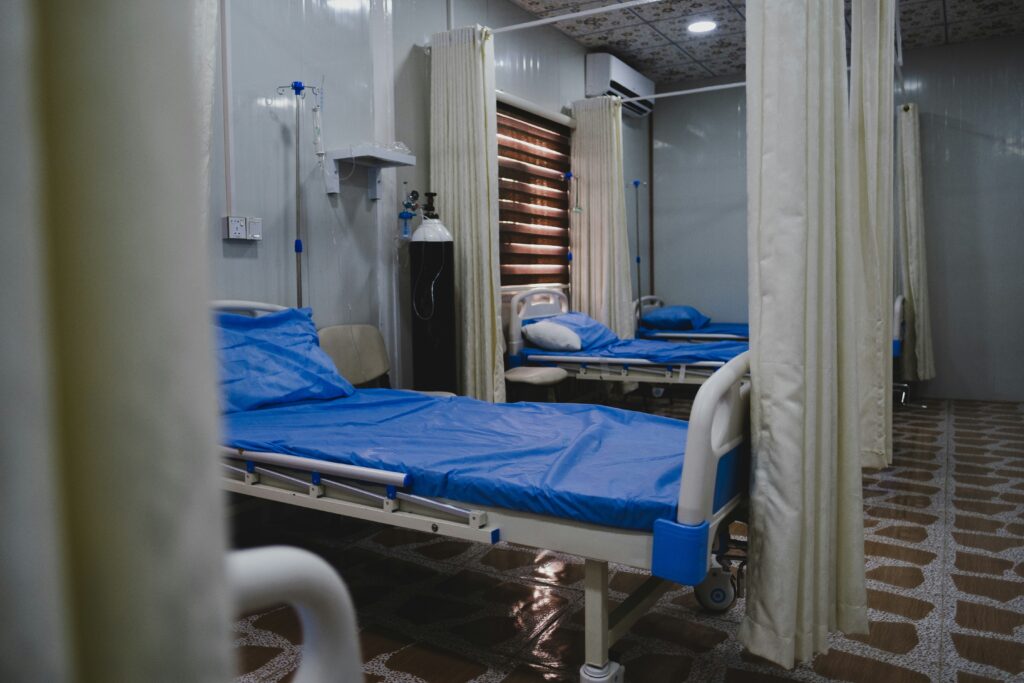A recent altercation at the Greater Accra Regional Hospital, commonly known as Ridge Hospital, has laid bare a flurry of systemic deficiencies in Ghana’s healthcare system.
Inadequate equipment, lack of beds, and poor security were detailed in a newly released report by the Ministry of Health’s investigative committee.
The incident, which occurred on August 17, 2025, in the hospital’s overwhelmed Emergency Department, sparked national outrage and renewed calls for urgent reforms to address chronic understaffing, inadequate security, and failing infrastructure.
About The Incident
The episode began with a heated verbal confrontation involving Mr. Ralph St. Williams, a local resident, and hospital staff, triggered by delays in treating an accident victim.
Video footage, including Mr. Williams’ Facebook Live recordings, captured the tense exchange, which quickly went viral, amplifying public frustration with the hospital’s operations.
While allegations of physical assault surfaced, the committee found no conclusive evidence to support these claims.
Ms. Rejoice Tsotso Bortei, a nurse at the center of the controversy, reported hand pain following the incident but showed no signs of fractures or dislocations, according to medical records. She was provided pain relief and psychological support.
A Department Under Strain
The committee’s findings paint a grim picture of an Emergency Department stretched to its breaking point.
Ridge Hospital, the primary destination for trauma and acute medical cases across Greater Accra, operates at near 100% bed occupancy at all times.

The closure of nearby facilities, such as those in La, has funneled even more patients to Ridge, exacerbating the strain on its resources.
On the day of the incident, all critical imaging equipment—X-ray, CT scan, and MRI—was non-functional, forcing staff to send patients to external facilities for tests. This logistical bottleneck delayed treatment and fueled tensions, contributing to the altercation.
Staffing shortages further compounded the crisis. In August 2025, the Emergency Department relied on just one medical officer per shift, supported by a skeletal crew of seven medical officers and two specialists for the entire month.
Of the 88 nursing staff assigned, only 54 were present, with 34 positions vacant and unfilled.
Security, too, was found to be “grossly inadequate.” A single private security guard was on duty for each 12-hour shift, despite the department’s high patient and visitor traffic.
The hospital’s police post, located far from the Emergency Department, could not respond swiftly to incidents, leaving staff and patients vulnerable.
A Call for Accountability
Mr. Williams, whose actions sparked the investigation, denied physically assaulting any staff. In a statement to the committee, he admitted to being provoked by a nurse’s remarks but insisted he intended to highlight systemic delays, not to target patients or staff.

The investigative report includes recommendations for immediate steps to bolster security with additional personnel and CCTV coverage, recruit more doctors and nurses dedicated to emergency care, and restore critical imaging services at Ridge.
On a national level, the committee urged reforms to strengthen emergency departments, expand secondary-level hospitals, and improve public education about how these facilities operate.
This article was edited with AI and reviewed by human editors

